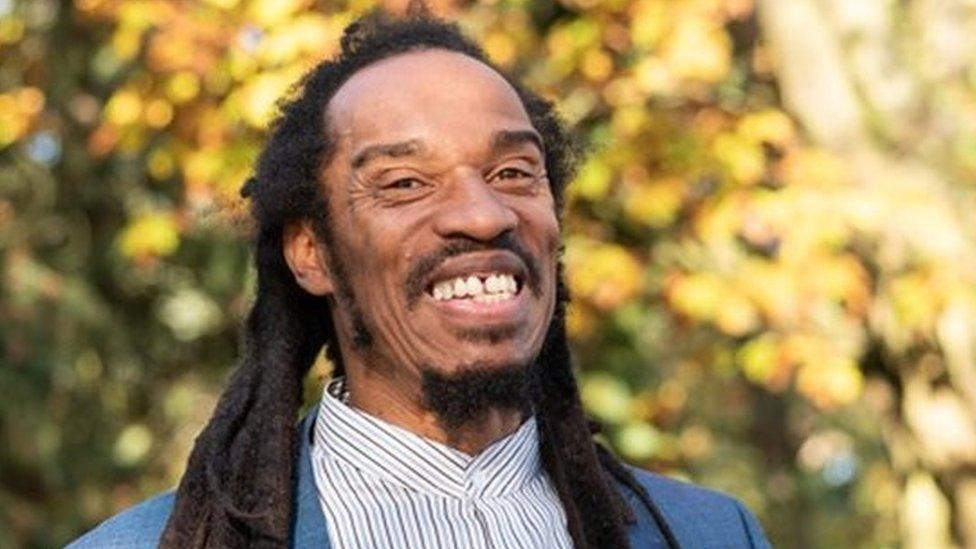'Literary festival audiences bigger than ever'
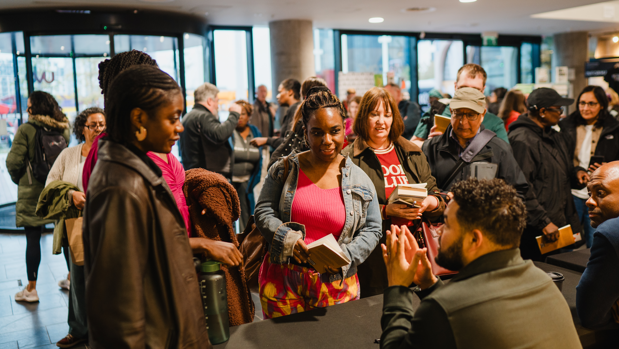
Birmingham Literature Festival's audiences are bigger and more passionate than ever because of threats to literacy and libraries, the co-founder claims
- Published
With budget cuts, libraries closing and a report showing half of UK adults rarely picked up a book for enjoyment, external there could have been fears for literary festivals.
But this year's Birmingham Literature Festival, which featured Midlands novelists Jonathan Coe and Kit de Waal, attracted more than 4,000 people - up by 500 when compared to last year.
Co-founder Jonathan Davidson said threats to the arts only fanned the flames of support.
"Because there are perceived threats to creative writing, to literacy and to literature, people are being more active about supporting what they're doing," Mr Davidson said.
"Our audience is bigger than it's ever been, the level of support for what we do and the passion people bring along to our events is greater than it's ever been."
The Birmingham Literature Festival was founded in 1999 and works to get writers from the Midlands involved.
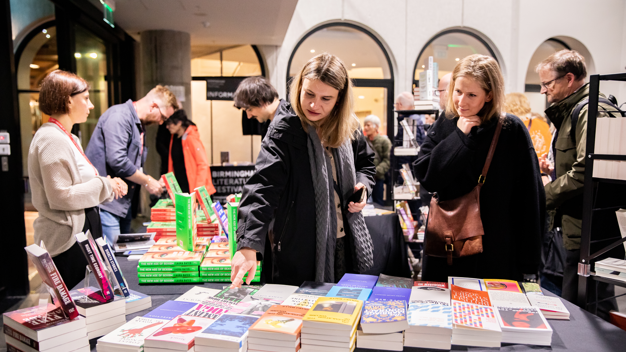
Browsing at independent store Voce Books’s pop-up shop at the festival, with owners Clive Judd and Maria Lomunno Judd in the background
"Over the last 10 years, we've heard more and more about Birmingham writers.
"Things have changed and writers are happier to present themselves as being Birmingham writers first and foremost."
Part of this, he believes, is down to the enduring legacy of the writer and poet Benjamin Zephaniah, who was born and raised in Handsworth, and whose name became almost synonymous with the city.
"He was obviously born here, had a tough youth here ... but the most important thing Benjamin did was he left," Mr Davidson said.
"He was blazing a trail, he was making it possible to be a poet from Birmingham. So he has liberated in a way a lot of writing activity in Birmingham."
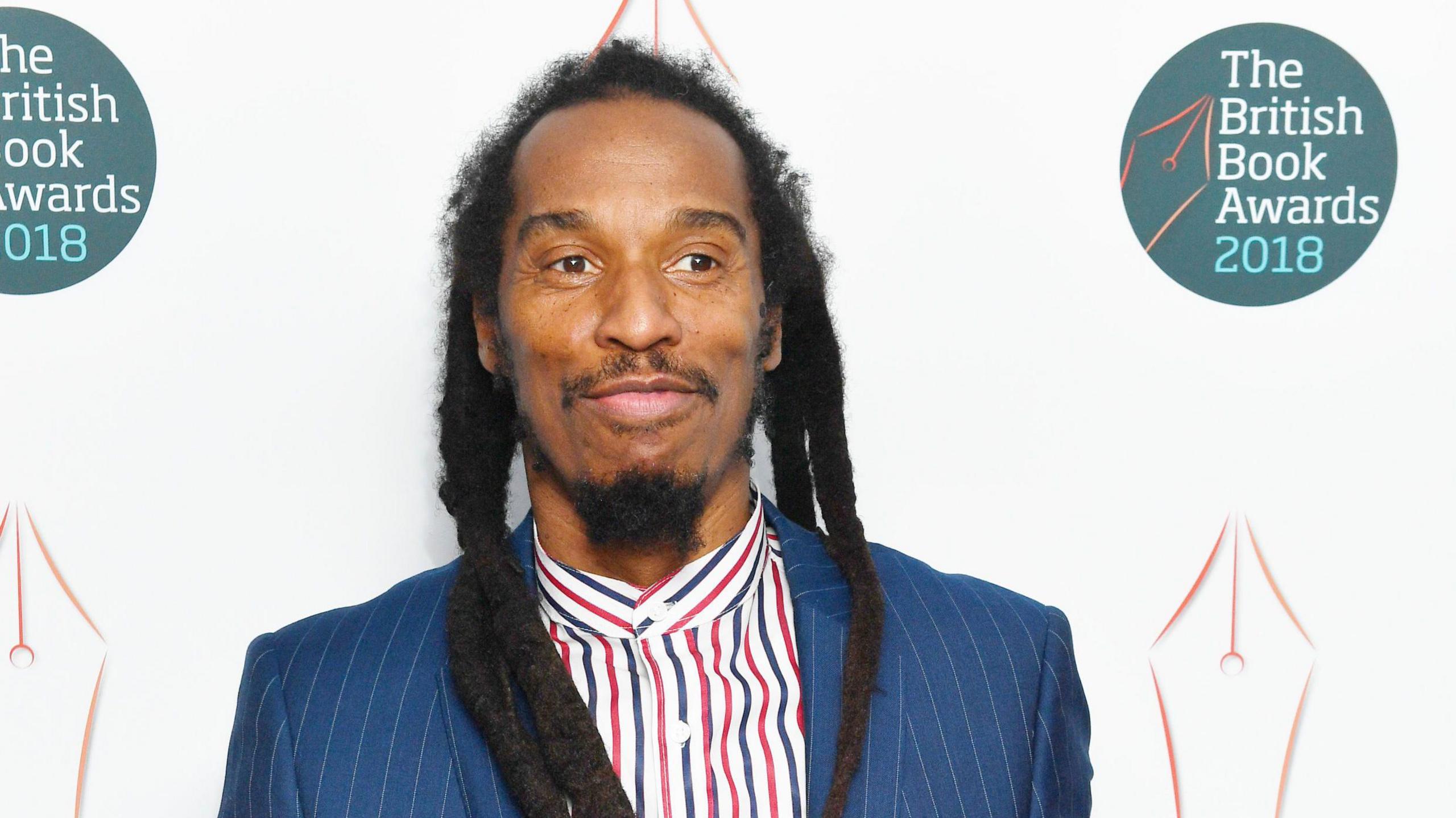
Mr Davidson believes Benjamin Zephaniah liberated a lot of writing activity in Birmingham
When people think of literary hubs of the UK, they may think of Oxford or Cambridge or London, instead of Birmingham, but Mr Davidson believed this provides the city's current generation of writers with a huge benefit.
"Other cities can claim lots of literary heritage - but in a funny way it makes it harder to be a new writer, harder to be a new writer in Oxford or Cambridge than it is to be a new writer in Birmingham," he said.
"Birmingham is all about making things and writers settle alongside all the other makers in Birmingham.
"It's a very natural role to make writing alongside the people making jewellery in the Jewellery Quarter. It just sits alongside that culture of making new stuff."
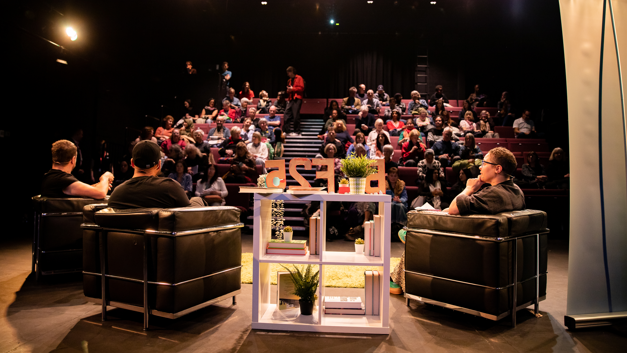
An event with festival director Shantel Edwards and Birmingham-born authors Keiran Goddard and Kasim Ali
While he believes the city has a rich literary heritage and a buzzing writing scene, he does feel concerned by the impending threat to the area's libraries.
The city council's plans to save £2.285m annually included reducing overall library opening times by a third and outsourcing the running of seven sites.
"The cut to libraries is worrying for all of us because just as it takes several decades for a writer to develop so it takes several decades for readers to develop," Mr Davidson said.
"We need to start when the kids are one or two, and if they don't get the opportunity of public libraries to simply look at picture books, it makes it hard for them to develop an interesting in reading and therefore in writing."
It is preserving the city's libraries and the legacy it will leave, for the city's current and future readers and writers, that Mr Davidson believes is most important.
When asked what the city could do to protect its literary heritage, Mr Davidson said: "If I could have any memorial to writers of Birmingham, I'd simply say keep libraries going. Writers want you to keep on reading and for the bookshops and libraries to flourish."
Get in touch
Tell us which stories we should cover in Birmingham and the Black Country
Follow BBC Birmingham on BBC Sounds, Facebook, external, X, external and Instagram, external.
- Published21 February 2024
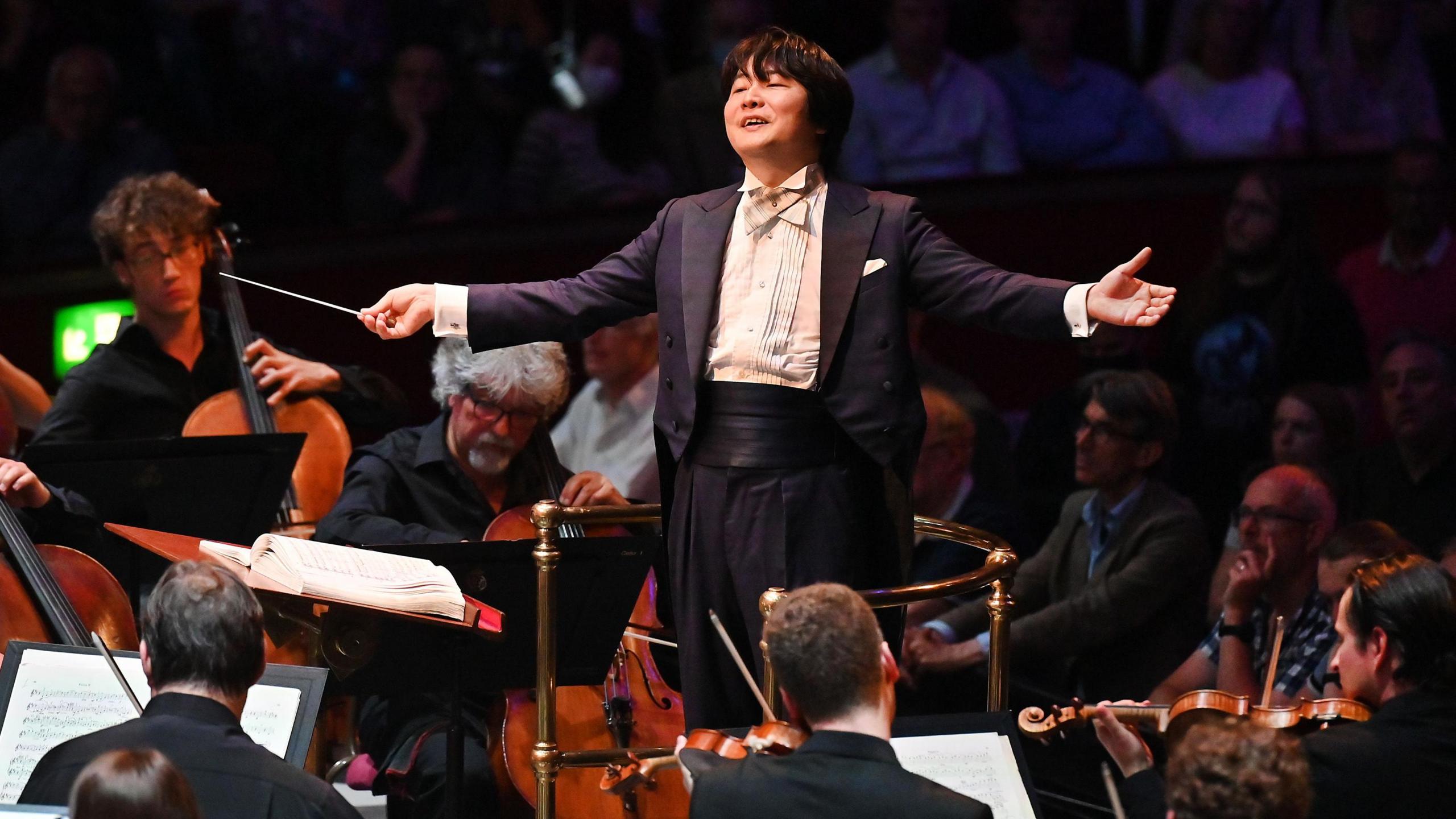
- Published13 February
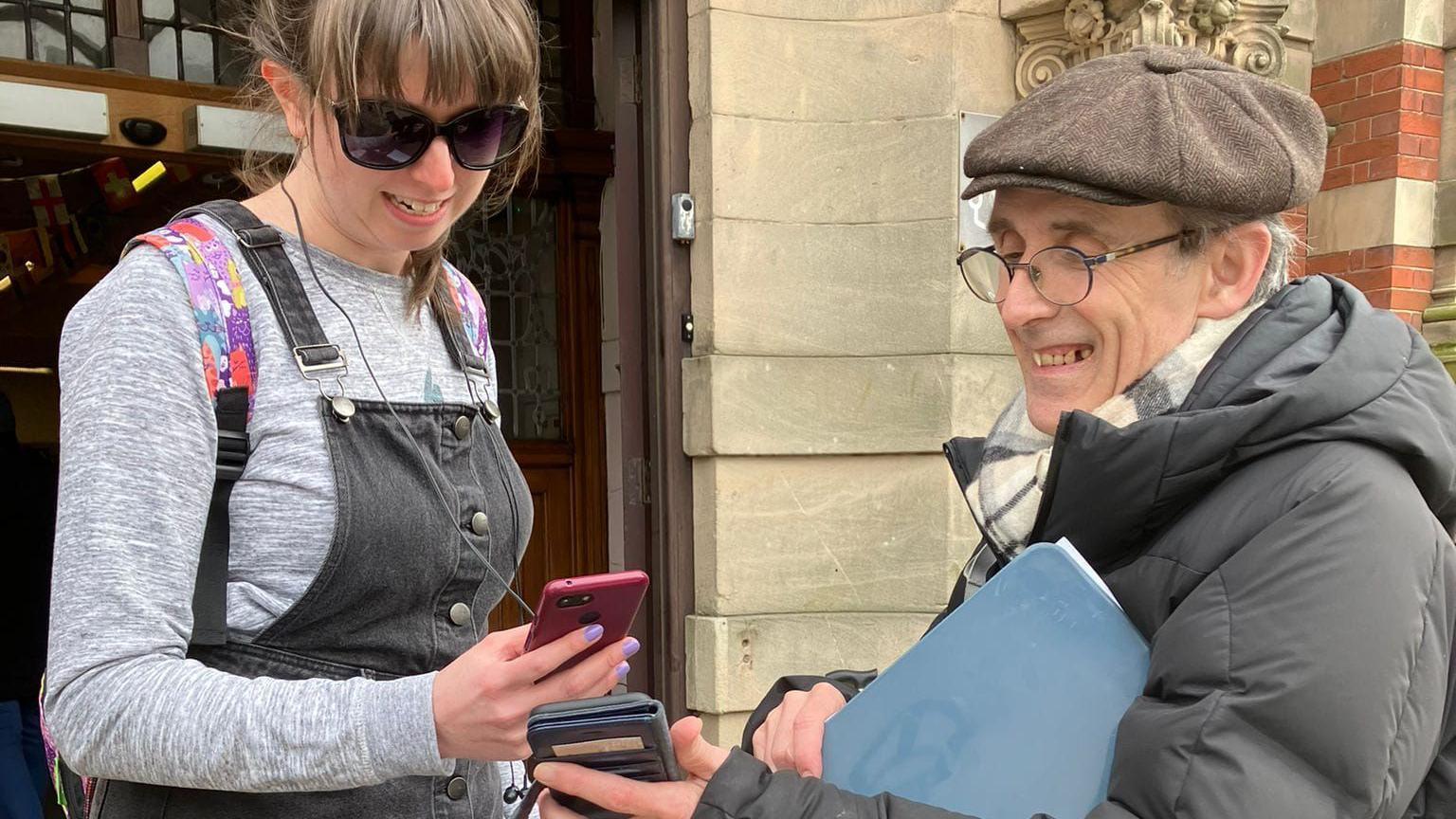
- Published9 July 2024
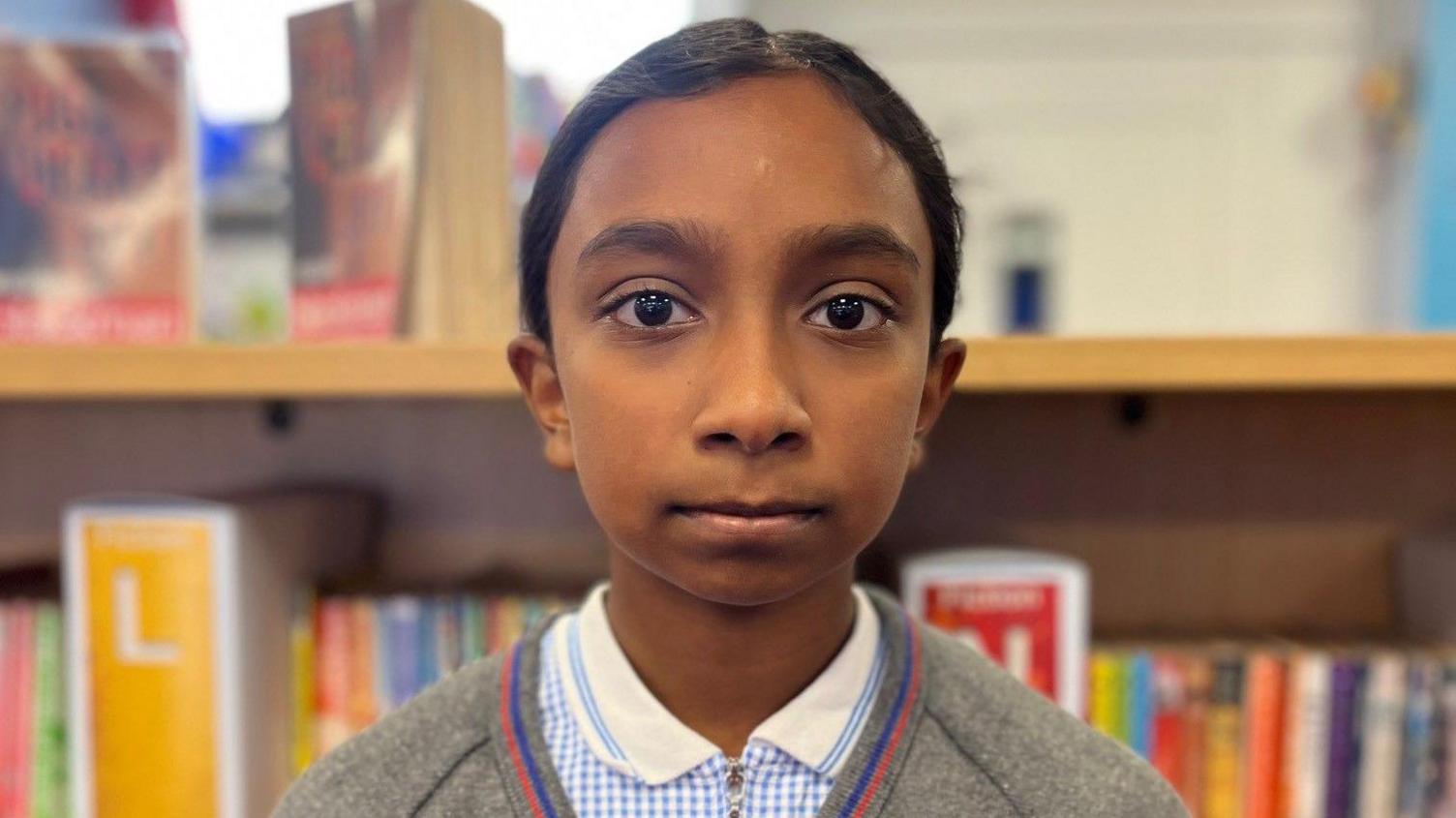
- Published9 December 2023
